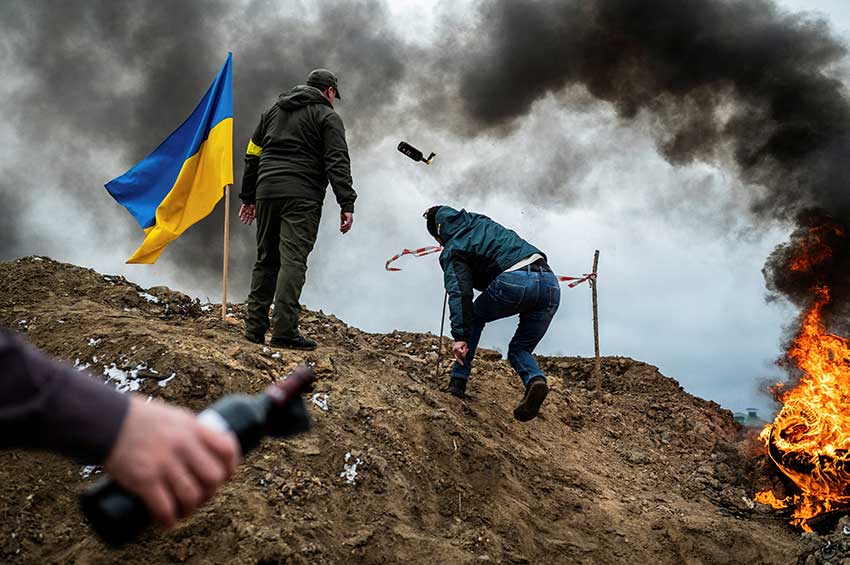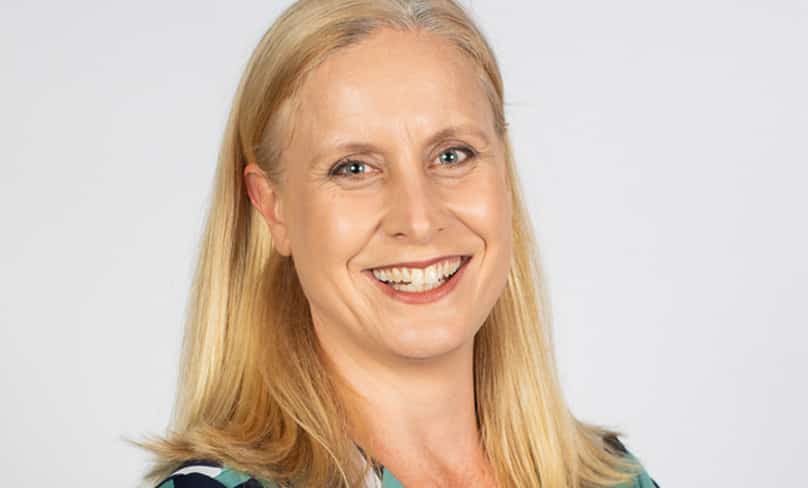
Constant media coverage of war in Ukraine and floods in New South Wales and Queensland has prompted school principals to send parents tips for helping them to cope with the onslaught of bad news.
Fiona Dignan, principal at Our Lady of Good Counsel Catholic Primary School in Forestville in Sydney’s north, sent parents a two-page resource about managing children’s exposure to traumatic events in the media.
‘Traumatic events, the media and your child’, published by the National Workforce Centre for Child Mental Health, explains that wall-to-wall disaster coverage can make children feel unsafe or anxious, in turn impacting upon their sleeping patterns and learning at school.
“Every child processes things differently, and I just wanted to support our parents and remind them to speak to their children about these events in the language they understand …”
Recommendations include watching some coverage with them, setting limits on screen time, and providing reassurance and clear information.
Despite parents’ best intentions to shield young children from distressing news, they may be exposed to a traumatic event more than they realise, Ms Dignan told The Catholic Weekly.
The principal said her leadership team and teachers said that even before last month they had noticed increased levels of anxiety and uncertainty among the students including separation anxiety at drop off time and increasing referrals to the school’s counsellor.

Now those trends are increasing along with concerning “playground chatter” about recent horrific events.
“Every child processes things differently, and I just wanted to support our parents and remind them to speak to their children about these events in the language they understand and help them to understand them in context in a way that’s appropriate for their family,” Ms Dignan said.
Leader of school counselling Melissa Feeney said she received good feedback about the resource from principals across the Diocese of Broken Bay who are increasingly aware of mental health matters.
“Not only on the children, adolescents and families directly affected, but people may be affected by the constant news streaming …”
“Especially in times of disaster and traumatic events, whether it’s bushfire, floods, news or war or riots, and coming out of a pandemic, they want to support the understanding that these do have a mental health impact,” she said.
“Not only on the children, adolescents and families directly affected, but people may be affected by the constant news streaming, they may be concerned about family members or friends, or it may trigger memories of their own stories of grief and loss.”
As well as equipping parents to navigate conversations about bad news, all parents can benefit from knowing some mental health safety and self-care practices and how to recognise signs when their child might need professional support, she added.
Online mental health resources for families:
